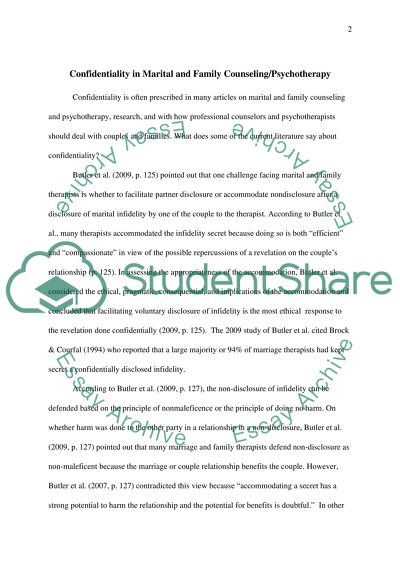Cite this document
(“Confidentiality in Marital and Family counseling/psychotherapy Essay”, n.d.)
Retrieved from https://studentshare.org/psychology/1429650-confidentiality-in-marital-and-family-counseling
Retrieved from https://studentshare.org/psychology/1429650-confidentiality-in-marital-and-family-counseling
(Confidentiality in Marital and Family counseling/Psychotherapy Essay)
https://studentshare.org/psychology/1429650-confidentiality-in-marital-and-family-counseling.
https://studentshare.org/psychology/1429650-confidentiality-in-marital-and-family-counseling.
“Confidentiality in Marital and Family counseling/Psychotherapy Essay”, n.d. https://studentshare.org/psychology/1429650-confidentiality-in-marital-and-family-counseling.


